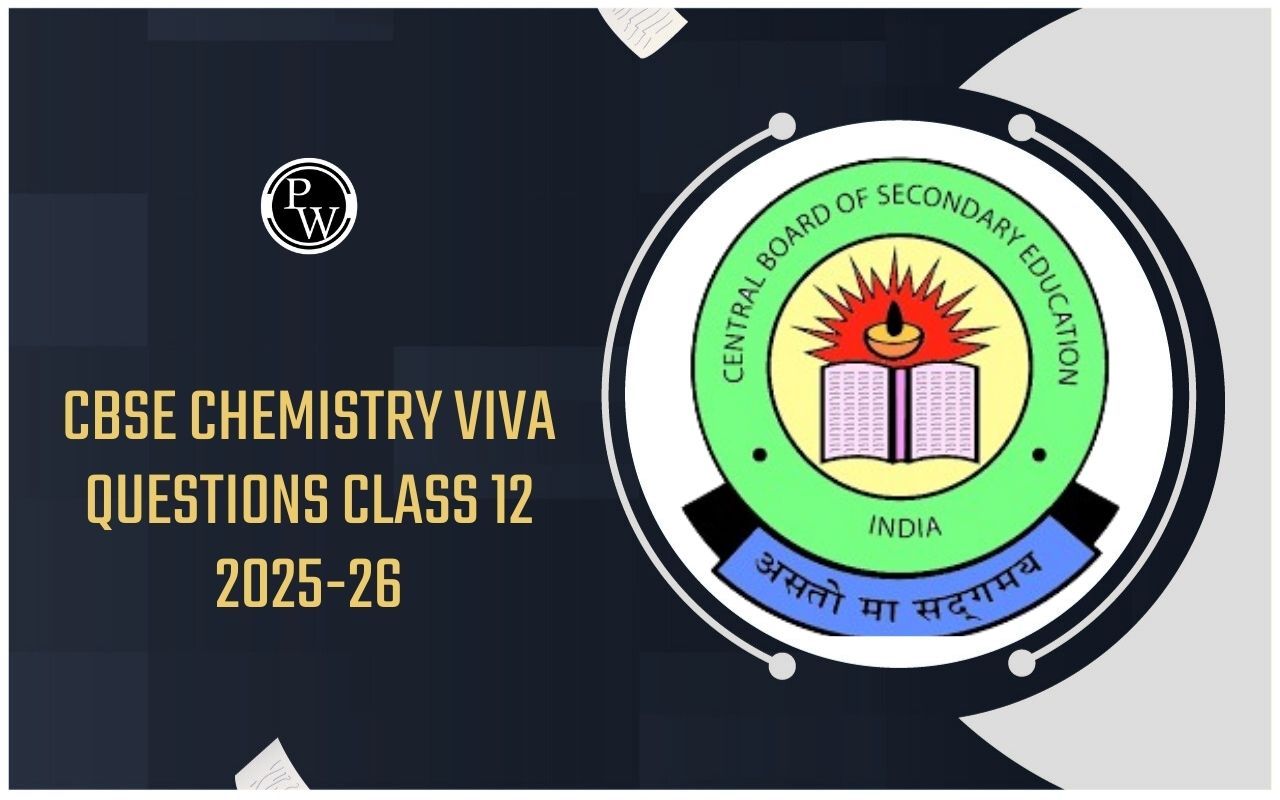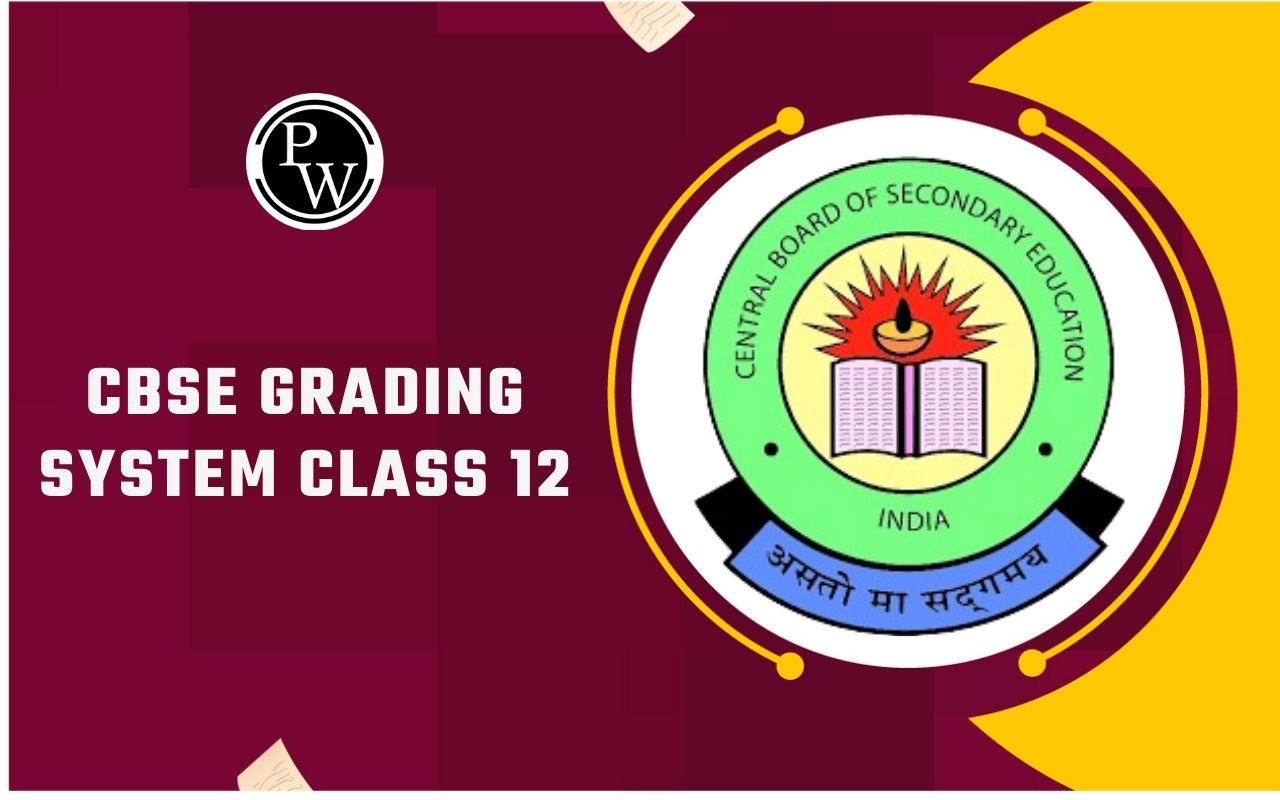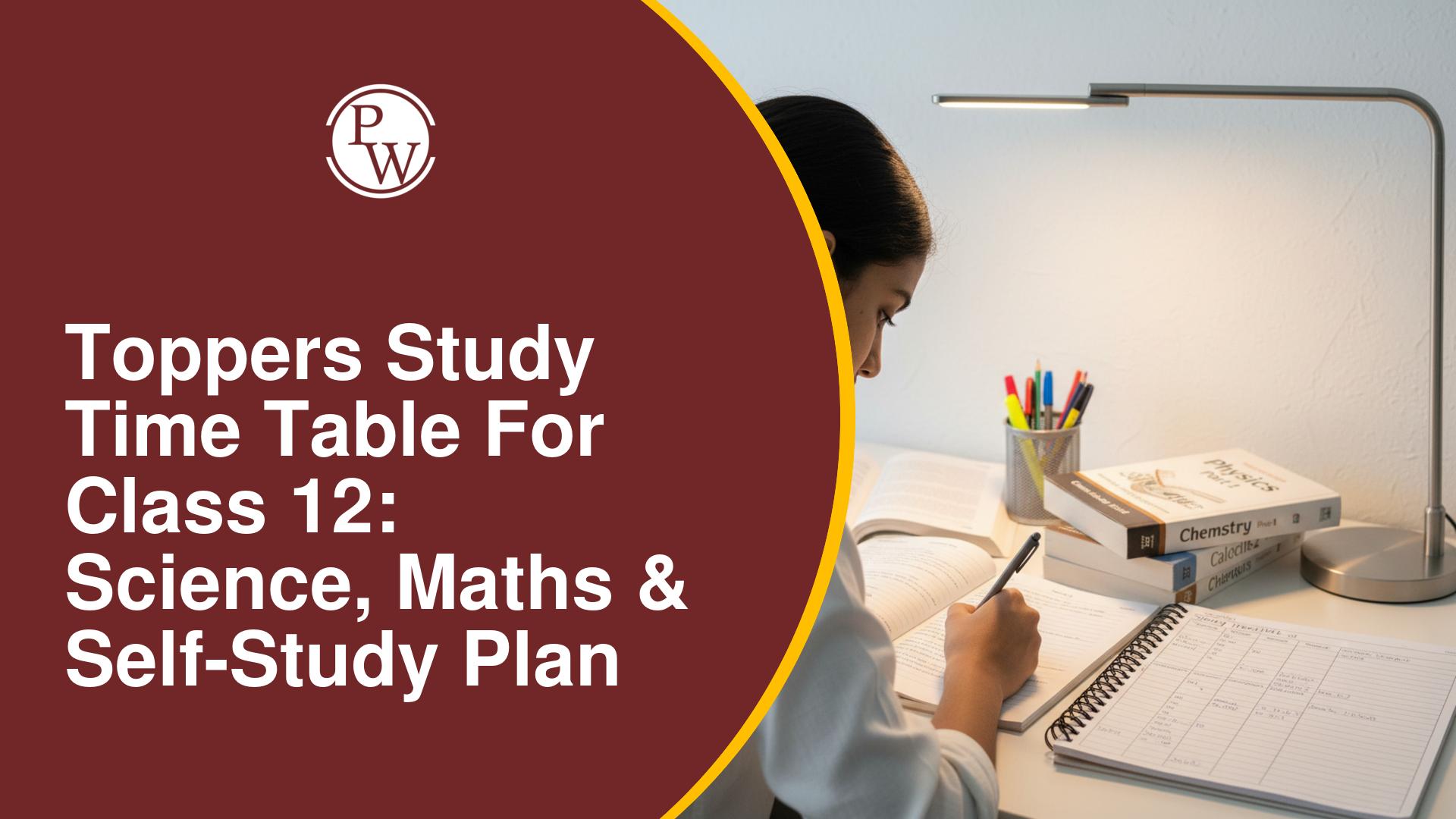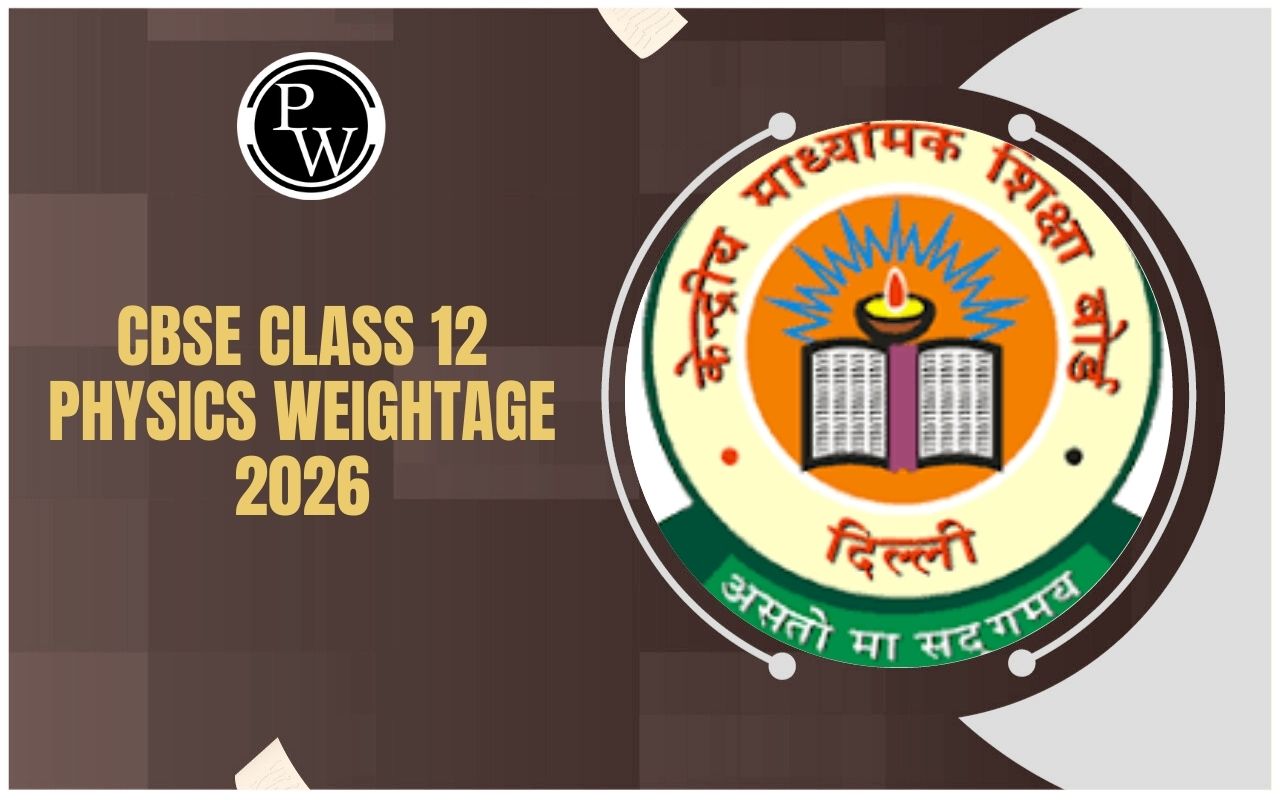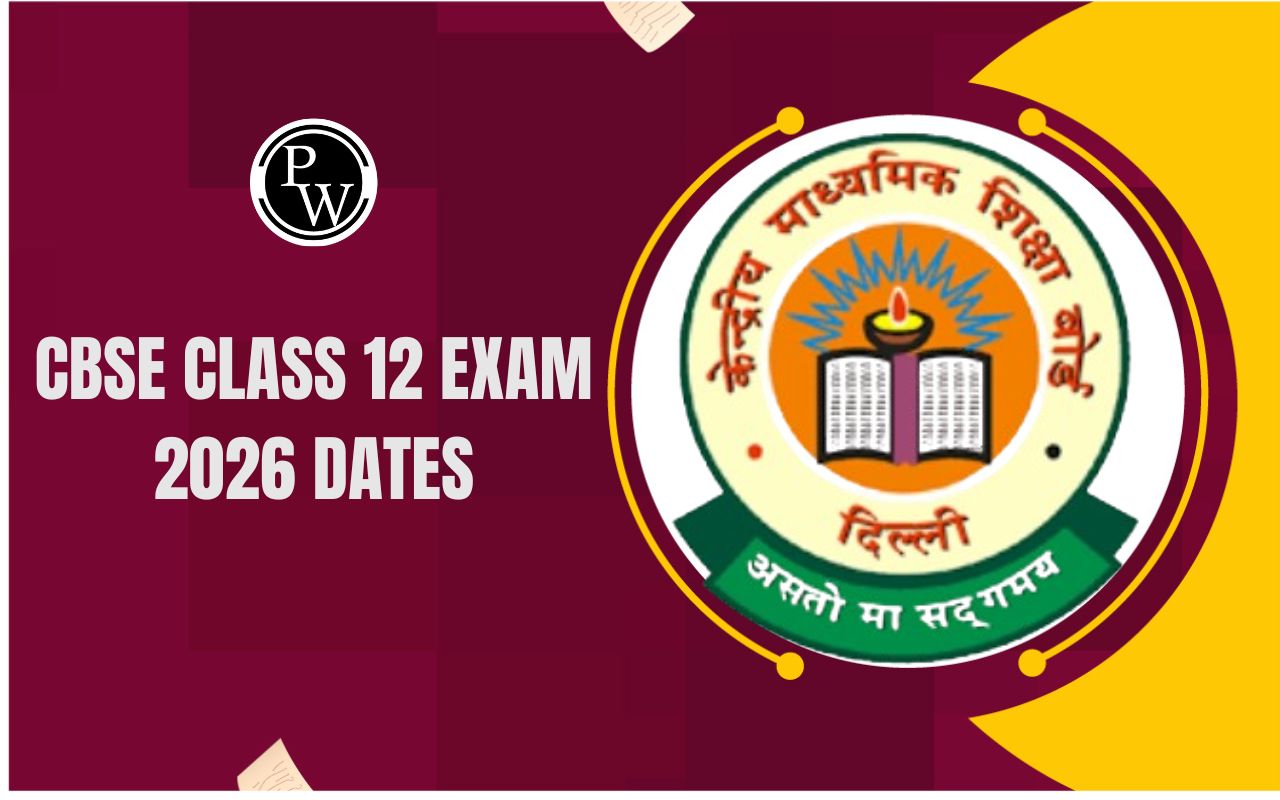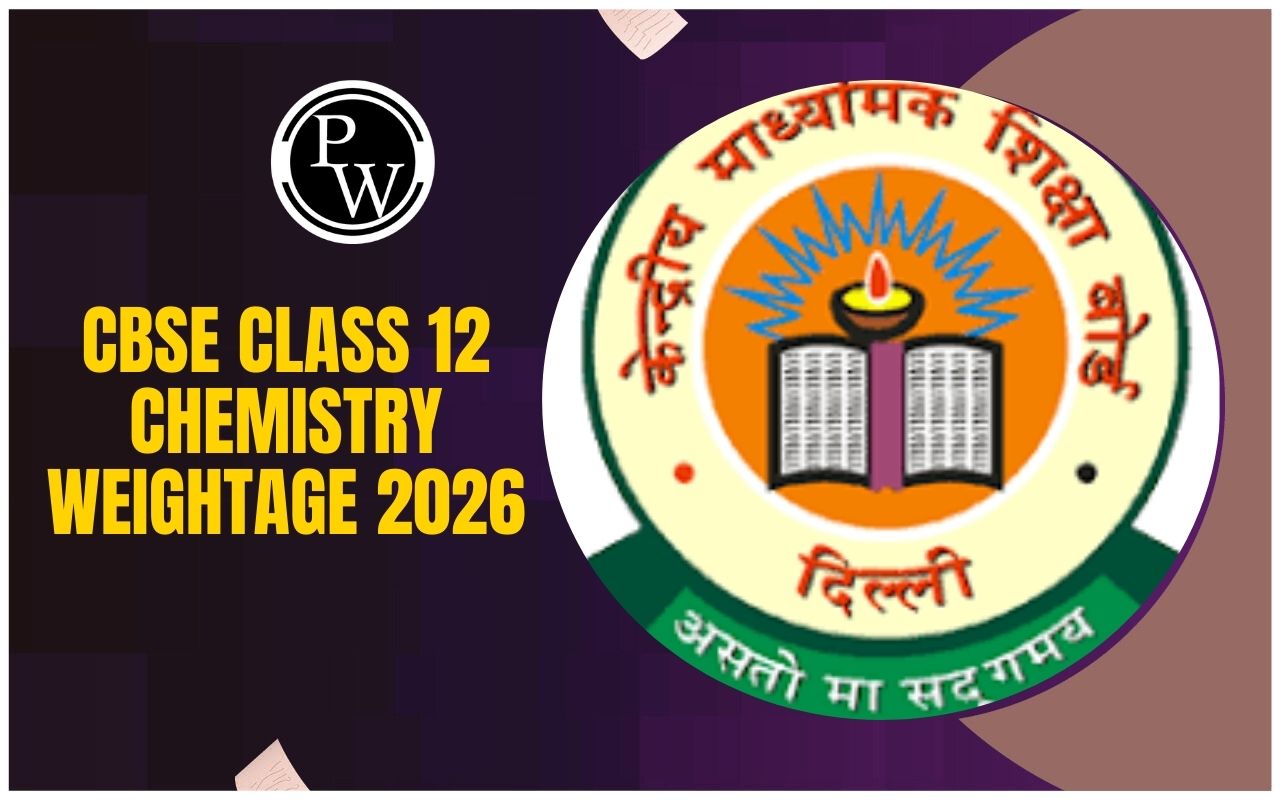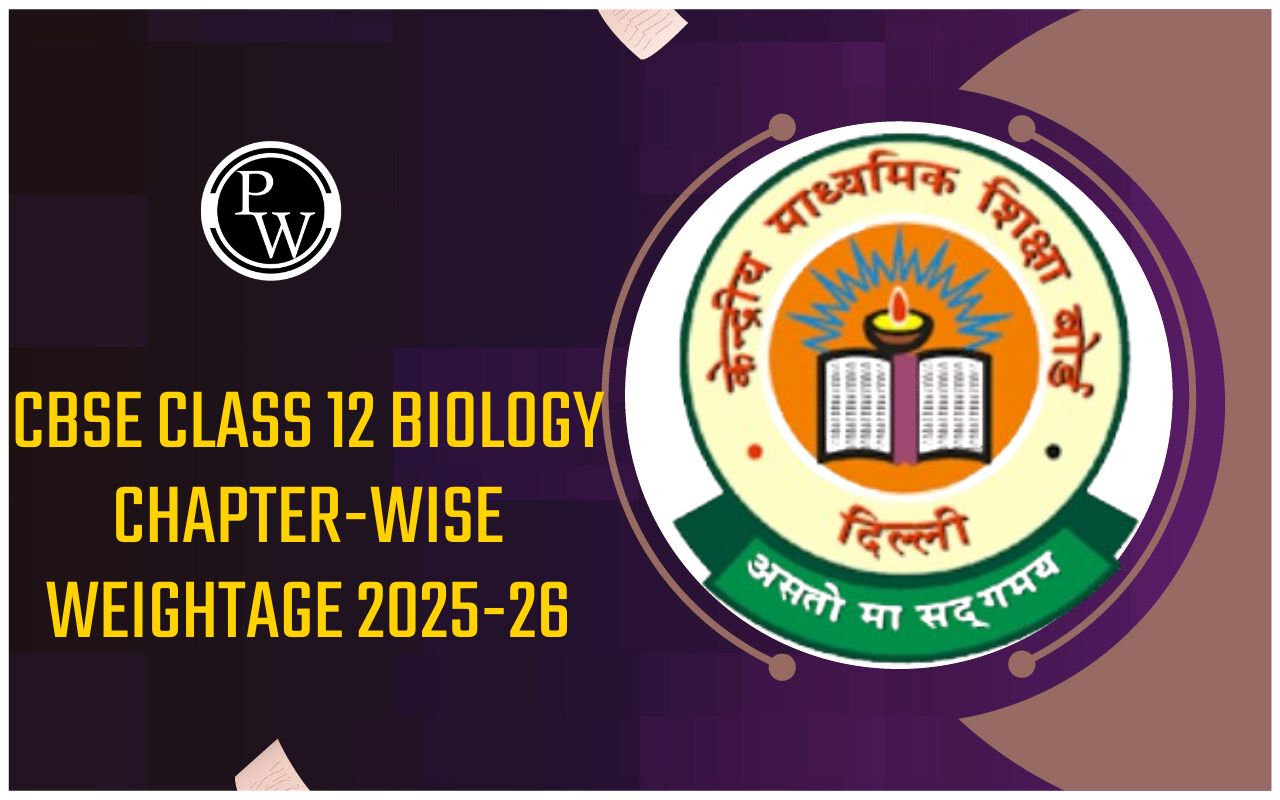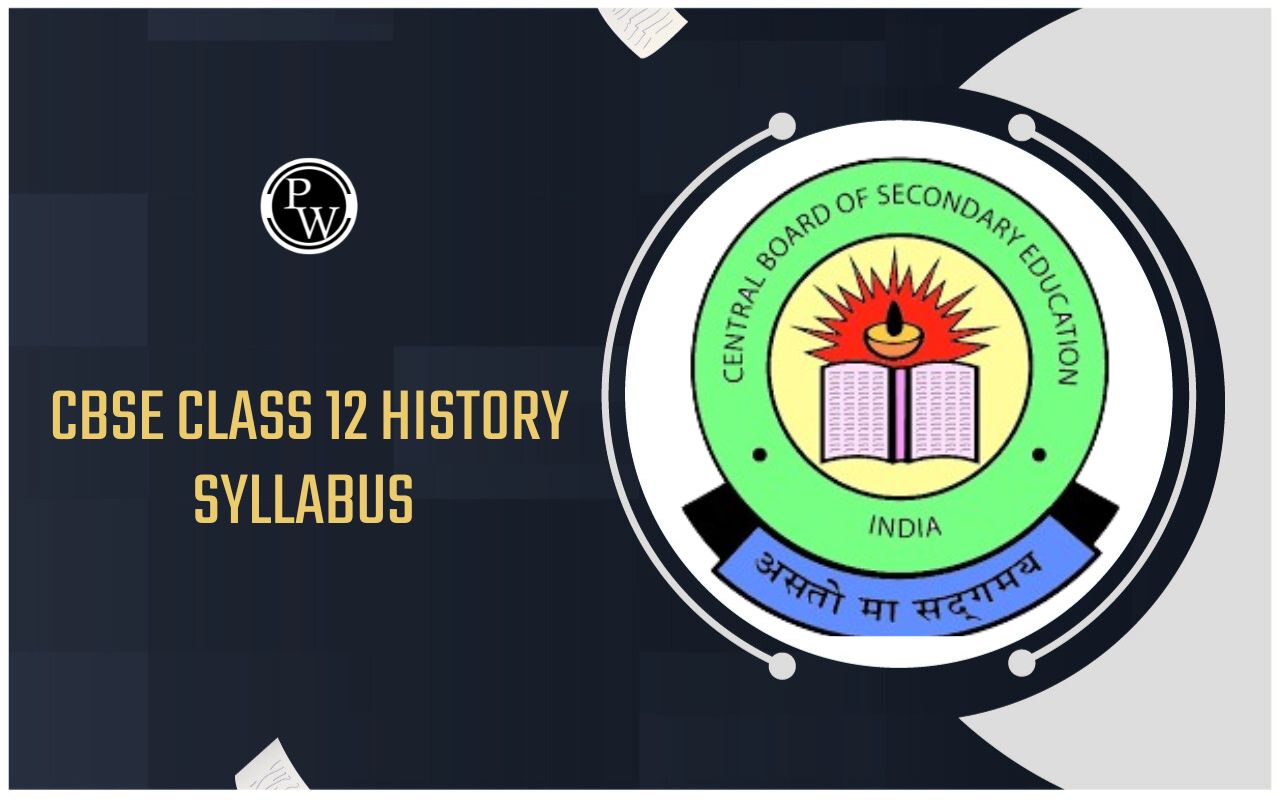
NCERT Book class 12th Political Science Change: The changes made by NCERT in the Class 12 political science book have sparked significant controversy, drawing criticism from Opposition parties who accuse NCERT of promoting the "RSS agenda." These changes involve omitting contentious topics such as the 2002 Gujarat riots and the Babri mosque demolition.
NCERT's director, Dinesh Prasad Saklani, defended these changes by arguing that discussing riots in school textbooks might negatively impact students, potentially leading to increased violence and depression among them. He emphasized that these modifications were intended as updates rather than a complete overhaul of the syllabus.Changes made in the NCERT book
The changes made in the NCERT Class 12 political science book have altered several key passages, which has sparked controversy and debate. Here is a breakdown of the changes in various chapters:Challenges of Nation Building:
- Original: Mentioned thousands of women were abducted on both sides of the border, forced into conversion and marriage, and sometimes killed by their families to preserve 'family honour.'
- Revised: Omits "on both sides of the border" for a more generalized statement.
Politics of Planned Development:
- Original: Defined "Left" as those in favour of the poor and government policies for their benefit.
- Revised: Defines "Left" as those favouring state control of the economy over free competition.
Regional Aspiration:
- Original: Stated Pakistan describes the disputed area as "Azad Pakistan," while India claims it as under illegal occupation.
- Revised: States the area is called Pakistan-occupied Jammu and Kashmir (POJK) by India, aligning with the current Indian government's stance.
CBSE No Open Book Exams for Class 10th 12th
Recent Developments in Indian Politics:
- Original: Questioned the legacy of the Ram Janmabhoomi movement and the Ayodhya demolition for political mobilization. Discussed the Babri Masjid demolition and its impact on Indian politics.
- Revised: Focuses solely on the legacy of the Ram Janmabhoomi movement and highlights its influence on Indian politics, leading to the construction of the Ram Temple after the Supreme Court's 2019 decision.
Chapter 8 (Political Parties):
- Original: Noted that since the 1989 election, the votes and seats won by Congress and BJP did not add up to more than fifty percent.
- Revised: States that the votes of Congress and BJP often add up to more than fifty percent, except in 1996, 2004, and 2009.
Same Chapter (Political Parties):
- Original options included the Mandal Recommendations, Anti-Reservation Stir, and the demolition of Babri Masjid.
- Revised options are the implementation of the Mandal Commission recommendations and the Supreme Court judgment on the Ram Janmabhoomi. Removes the anti-reservation stir option to avoid confusion.
Changes in Legal and Communal Narratives
Old Book : Detailed the 1986 Faizabad District Court decision to unlock the Babri Masjid premises, leading to communal tensions and riots.
New Book: Summarized Events and Supreme Court Verdict: In contrast, the revised textbook takes a more summarized approach. It mentions the opening of the "three-domed structure" without specifying the Babri Masjid, followed by brief references to the legal and communal conflicts that ensued.
The focal point shifts prominently to the Supreme Court's landmark 2019 ruling, which allocated the disputed land for the construction of a temple and mandated an alternative site for a mosque, framing it as a resolution of long-standing conflicts through legal processes.Removal of Newspaper Cuttings and Gujarat Riots Chapter: Notably, the revised edition omits visual content such as newspaper cuttings related to the removal of the Kalyan Singh government post the Babri Masjid demolition. It removes mentions of the Gujarat riots from the chapter on Democratic Rights, thereby altering the contextualization of communal violence within the scope of democratic freedoms.
Reflecting Political Developments: These revisions mark the fourth update to the NCERT textbook since 2014, reflecting adjustments based on evolving political landscapes and legal outcomes. The inclusion of the Supreme Court's 2019 verdict aligns educational content with contemporary judgments and socio-political realities, aiming to provide students with updated perspectives on contentious issues.
Educational Objectives: The implementation of the new textbook for the 2024-25 academic session underscores NCERT's commitment to maintaining relevance and accuracy in educational materials. However, the revisions have also raised concerns about the neutrality and completeness of historical narratives, prompting debates on the educational integrity and inclusivity of curriculum content.
Politics over changes
NCERT Book Class 12th Political Science Change FAQs
What changes have been made to the NCERT Class 12 Political Science textbook?
Why was "Babri Masjid" renamed in the textbook?
Are there controversies surrounding these changes?
When will these changes be implemented?


